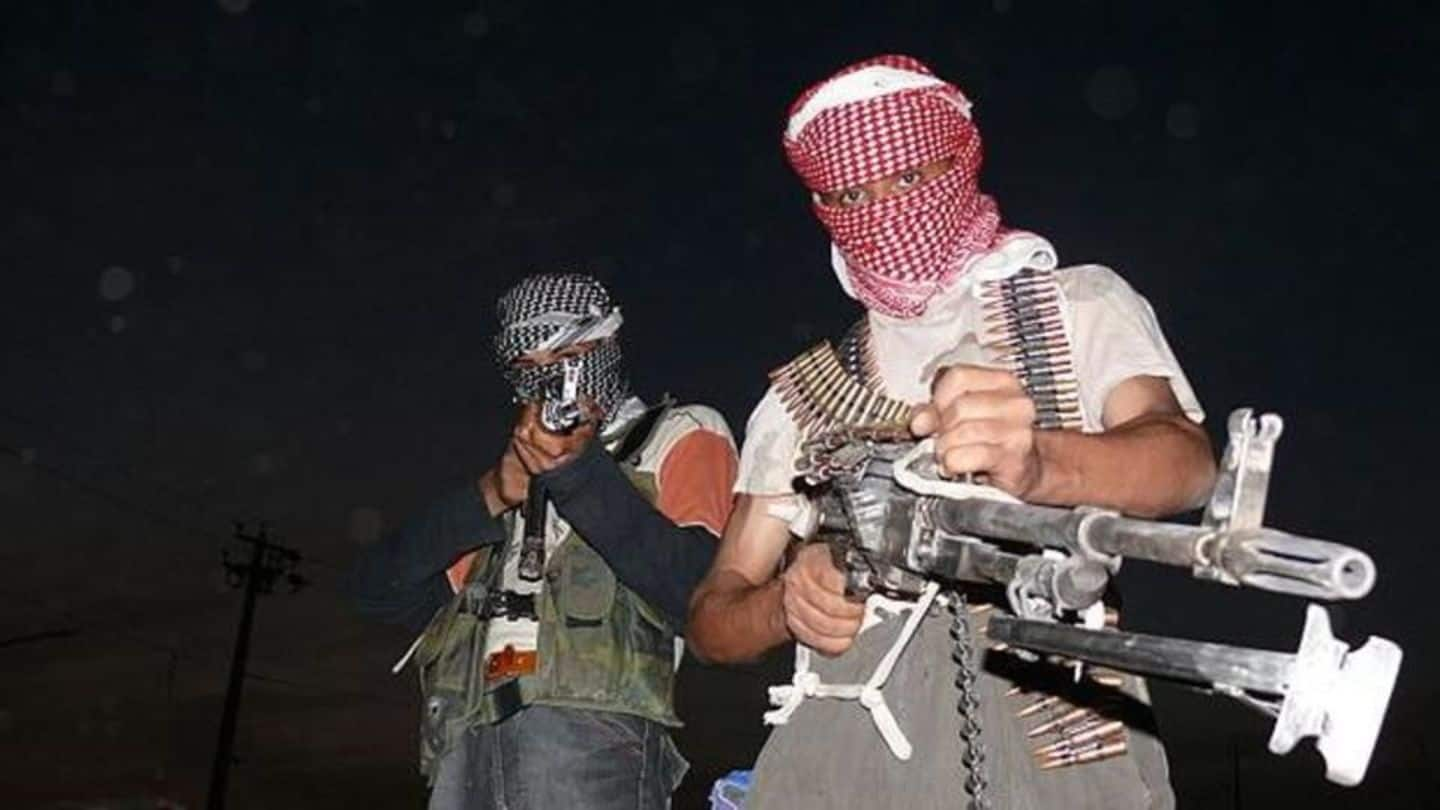
Teenage suicide bomber's confession sheds light on Pakistan's terror factory
What's the story
In September 2016, Usman, a teenager from Afghanistan's Nangarhar province was captured just before he could detonate a suicide vest at a Shiite prayer group in Shikarpur, Pakistan.
He was taken into custody and given a death sentence.
His confession has offered a rare glimpse into a trans-national ISIS-linked militant network behind a surge in sectarian violence in Pakistan, according to a Reuters report.
What?
Terror network responsible for wave of sectarian violence
Attacks on Pakistan's minority Shiite community have left hundreds dead, raising fears of an escalation of sectarian violence in the Sunni-dominated country.
Through Usman's confession, Pakistani police have identified a network of radical madrassas and bomb making facilities stretching over 2,000 km across Afghanistan and Pakistan.
The network is a breeding ground for the spread of ISIS's nefarious extremist ideology into South Asia.
ISIS links
Terror network may be linked to ISIS
Usman hasn't named ISIS in his confession but police believe the deadly outfit trained him.
The ISIS-linked network that trained him is behind at least four deadly sectarian bombings.
"ISIS has no formal structure (in Pakistan). It works on a franchise system," said senior Counter Terrorism Department (CTD) officer Raja Umer Khattab.
ISIS may not coordinate attacks directly, but certainly claims credit for them.
Journey
Usman's journey to becoming a suicide bomber
Usman originally hails from Pakistan's Swat Valley but fled to Nagarhar, Afghanistan, after his father, a Pakistani Taliban member, was killed in a drone strike.
Usman told police he went home one day to find his brother telling him: "you should join jihad... you should become a suicide bomber."
He soon travelled with an older man to Pakistan's Balochistan province via Afghanistan's Kandahar region.
Training
How Usman was trained to be a suicide bomber
Usman was trained to become a suicide bomber at a man named Maaz's home in the remote town of Wadh in southern Balochistan.
"In our room, Maaz took out explosives from a bag and prepared two suicide jackets," Usman said.
A month later, Usman was taken to Shikarpur.
A few days later, he was sent with this explosives vest to a Shia prayer meet.
Failed attack
How Usman failed to carry out attack
At the prayer meet, a worshipper spoke to Usman in Sindhi, which he didn't understand. A crowd then gathered around Usman and apprehended him before he could reach for his detonator.
Police consider Wadh a hotbed for several terrorist outfits, including al-Qaeda and the Pakistani Taliban, a fact refuted by intelligence agencies.
Shikarpur is a known centre of sectarian violence.
Details
Madrassas play important role in spreading intolerance against Shias
A crucial part of the network are madrassas in remote villages where Sunni hardline preachers spread intolerance against other communities.
Several new madrassas have come up near Shikarpur, which has witnessed some of the worst attacks against Shiites.
Police say the network conducting sectarian attacks in Pakistan has emerged lately but it's still uncertain whether it's acting alone or on ISIS' orders.